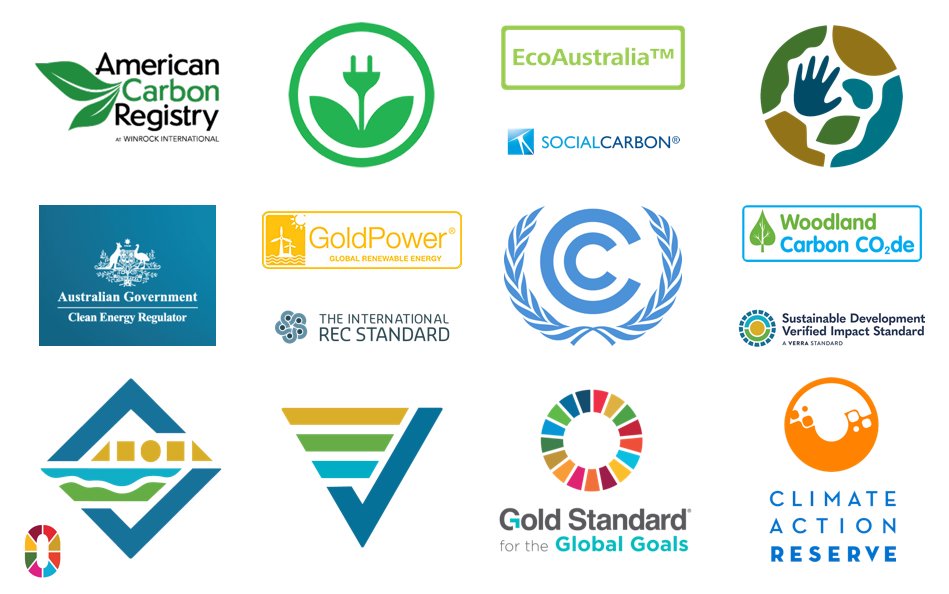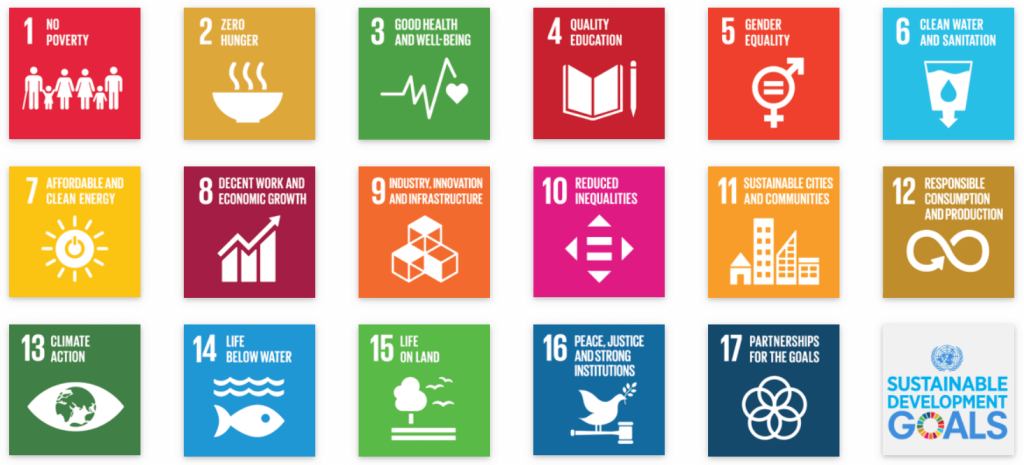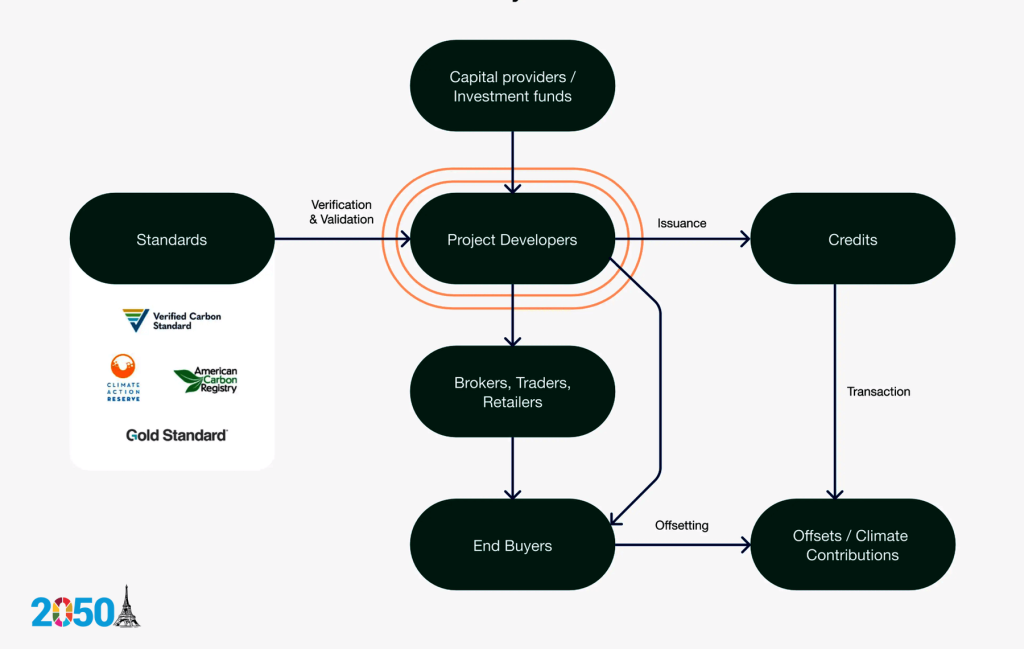Navigating Carbon Credits Standards: Project Development Standards & Labels Explained
Share this article:
Introduction
Welcome to our blog series where we shine a spotlight on the pivotal topic of Global Carbon Credits Standards. Through this series, we will delve into the significance of these standards on a global scale. As we journey through various installments, we'll not only explore regional standards but also uncover why these global Carbon Credits Standards play a pivotal role in the dynamic market landscape. Stay tuned as we unravel the essential elements that drive sustainability and environmental responsibility.
Global Carbon Credits Standards and Labels: A Closer Look

Gold Standard: Pioneering Sustainable Impact
Established in 2003 by WWF and other international NGOs, the Gold Standard emerged to ensure that carbon emission reduction projects, as part of the UN's Clean Development Mechanism (CDM), also contributed to sustainable development. In 2017, it introduced the Gold Standard for the Global Goals, providing a framework for quantifying, certifying, and optimizing climate and sustainable development outcomes.
Gold Standard boasts the support of over 80 NGOs and has accredited 1400+ projects across 80+ countries, generating substantial value from worldwide climate and development initiatives.
Verified Carbon Credits Standards (VCS): A Global Benchmark
The Verified Carbon Credits Standards (VCS) Program stands as the world's most widely utilized voluntary emissions reduction standard. With over 1300 certified projects, it has successfully diminished or removed more than 200 million tonnes of carbon and other greenhouse gases from the atmosphere.
Developed and managed by Verra, a not-for-profit organization founded in 2005, along with other standards like Climate, Community & Biodiversity (CCB) and Sustainable Development Verified Impact, VCS plays a pivotal role in environmental stewardship.
Climate, Community & Biodiversity (CCB) Standards: Harmonizing Change
The Climate, Community & Biodiversity (CCB) Standards pinpoint thoughtfully devised land management projects that tackle climate change, uplift local communities and smallholders, and safeguard biodiversity.
Sustainable Development Verified Impact Standard (SD VISta): Elevating Impact
The Sustainable Development Verified Impact Standard (SD VISta) represents a novel initiative from Verra, outlining guidelines and criteria for designing, executing, and evaluating projects that deliver impactful sustainable development benefits. Under SD VISta, projects must satisfy third-party assessors' stringent rules and requisites while advancing the Sustainable Development Goals (SDGs). Upon certification, the program's database highlights projects' contributions to the SDGs.
SOCIALCARBON: Forging Carbon and Sustainability
SOCIALCARBON, often utilized alongside carbon accounting standards like VCS, CCB, or CDM, certifies carbon reduction projects for their contributions to sustainable development. Developed by the Ecologica Institute, a Brazilian non-profit, SOCIALCARBON acknowledges projects' alignment with holistic sustainability goals.
Clean Development Mechanism (CDM): A Groundbreaking Framework
The Clean Development Mechanism (CDM) marked the world's initial global, environmental investment and credit scheme of its kind, providing a standardized emissions offset tool—the Certified Emissions Reduction (CER).
Developed by the UNFCCC under the Kyoto Protocol, CDM facilitated climate finance access for certified emission-reduction projects in developing nations. As the Paris Agreement took effect in 2020, the scheme ceased accepting new projects.
Sustainable Development Goals (SDGs) & Global Carbon Credits Standards

The alignment between Sustainable Development Goals (SDGs) and Global Carbon Credits Standards represents a paramount synergy. These interwoven frameworks ensure that carbon reduction efforts not only combat climate change but also foster economic growth, social equity, and environmental preservation. By integrating SDGs into Global Carbon Credits Standards, we forge a comprehensive approach that addresses interconnected global challenges, paving the way for a more sustainable and resilient future.
The '2050 Paris Programme'

The Carbon Credit Program "2050 Paris" operates with unwavering commitment to adhering to the highest Global Carbon Credits Standards. Each project undertaken is meticulously crafted to align seamlessly with these rigorous standards, ensuring its positive impact on the environment and society. To validate its environmental contributions, each project undergoes certification by globally recognized carbon credit testing entities. This dual dedication to both compliance with Global Carbon Standards and third-party verification underscores the program's dedication to a sustainable future.
Subscribe to our Newsletter
As we work to foster and rejuvenate the natural surroundings, we come across a multitude of significant achievements along our voyage. This extraordinary expedition extends an offer, and we enthusiastically invite you to partake in this undertaking alongside us.